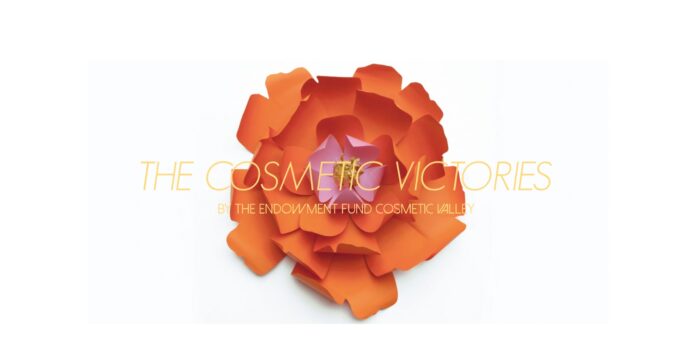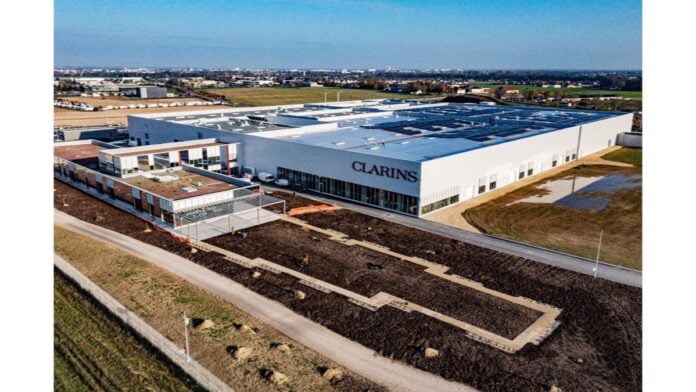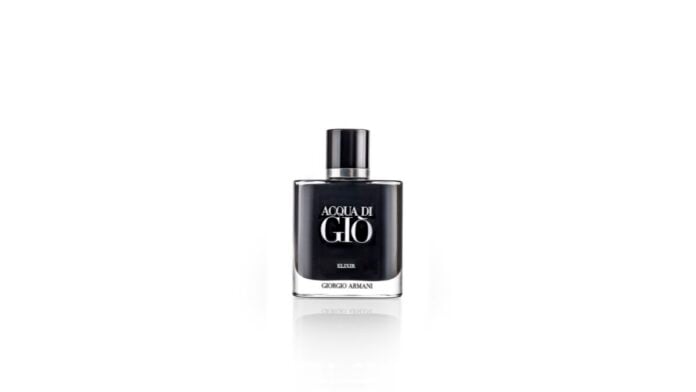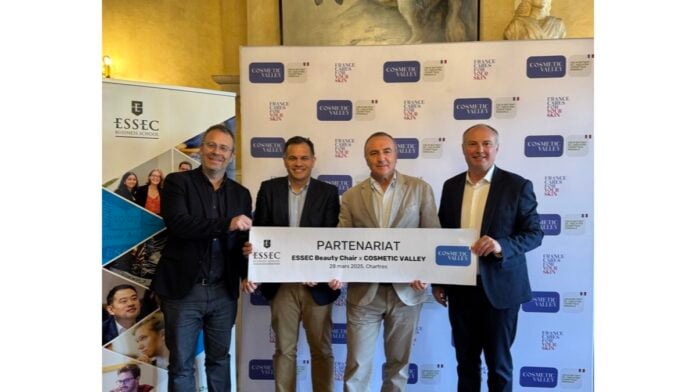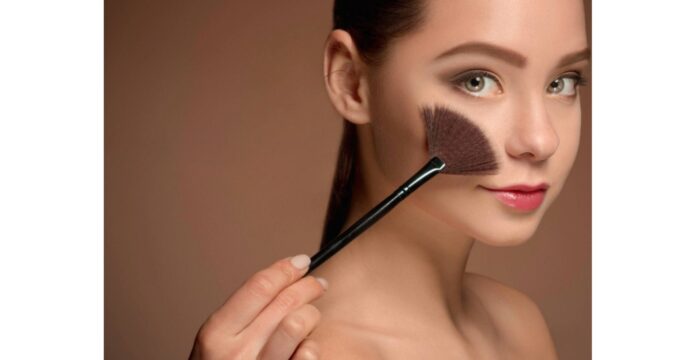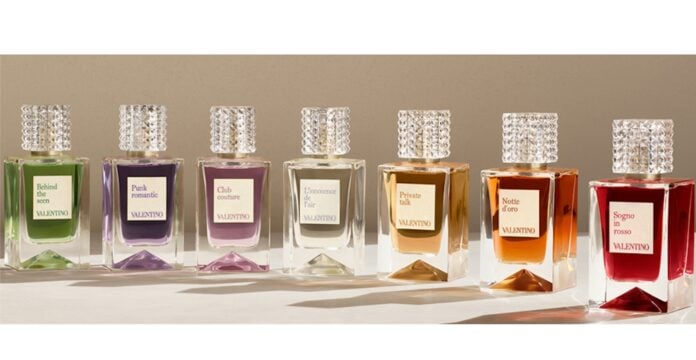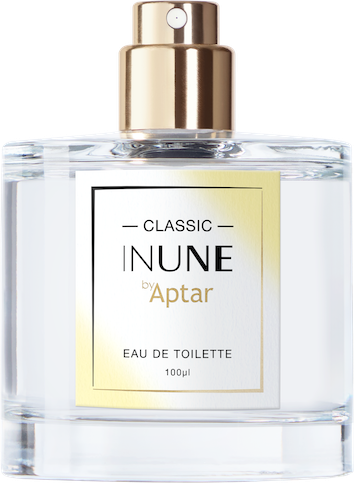Open to anyone with an innovative project applicable to the perfumery and cosmetics industry, "The Cosmetic Victories" international competition has set itself the triple objective of identifying innovative start-ups, supporting their projects and promoting research.
Out of 94 projects submitted from 21 countries, six finalists were selected for this 10th edition by a jury of international scientific experts. What did they have in common? To propose major breakthroughs applicable to the entire value chain of the sector, from the use of natural ingredients to optimize product performance, to the study of the impact of the environment on ageing, via, for example, an understanding of the sensorial and emotional impact of the product. This vintage confirms the central role of science in tomorrow's cosmetics, in line with the Cosmetic 360 2025 theme: AI at the heart of innovation.
The two winners - one in each category - will be announced at the awards ceremony organized by Cosmetic Valley on Tuesday May 20, 2025.
| The three finalists in the Industrial Innovation category are : - Netri (France) for its project "Neurons as sensors: a way of digitizing human biology". Thanks to its NeoBento platforms coupled with hiPSC neurons to innervate skin cells, and the use of neurons as a natural biosensor of a biological effect, Netri has been able to demonstrate that the digital signatures (recordings of neuronal activity) of different ingredients can predict their efficacy. By extracting the digital signature and comparing it with the digital signatures of reference compounds, it becomes possible to predict the efficacy of any ingredient. - Loretta (France) for her project "Creation of a nanometric digital skin twin using AFM and AI". Their project aims to create a Digital Skin Twin based on skin nanotexture, combining high-speed AFM and AI for ultra-precise analysis. Supported by a partnership between a company, a university and international dermatologists, it will make it possible to exploit a diverse panel of samples. The aim is to link the nanometric characteristics of skin to its chemical composition, to revolutionize dermatological and cosmetic studies on a global scale. - Byome Labs (France) for its project "Rapid analysis of the skin microbiome and recommendation of a personalized 100 % beauty routine". Byome Labs brings an innovation that combines microbiology, immunology, genetic engineering and artificial intelligence. Its solution measures and analyzes the skin microbiome in less than three minutes, directly at the point of sale or in the office. Thanks to a system of antigenic strips and AI developed with dermatologists, the solution developed by the company offers cosmetics and dermo-cosmetics brands a powerful tool for recommending products specifically compatible with each individual's skin. By democratizing access to microbiome analysis, it promotes a more precise, sustainable and effective approach to beauty, while limiting the waste of unsuitable products. |
| The three finalists in the Academic Research category are : - Department of Agricultural Sciences - University of Naples Federico Ii (Italy) for its project "Exosomes derived from Lactobacillus: a microbiota-friendly approach to antioxidant protection, skin barrier reinforcement and tissue regeneration". Exosomes, nano-sized extracellular vesicles, are increasingly used in dermatology for their ability to transport bioactive molecules. This project focuses on exosomes derived from Lactiplantibacillus plantaruma bacterium present on the skin, which demonstrates antioxidant properties, helps strengthen the skin barrier and promotes tissue regeneration. These discoveries could lead to new natural solutions for skin protection and repair. - Stanford University (USA) for its project "How does the activation of sensory neurons by the use of a cosmetic product modulate perception?" Sensory perception following the application of a product is often reported in subjective terms. For example, the sensation of "tightness" of the skin after using a cleanser, or of "softness" after applying a moisturizer. Stanford University proposes a quantitative approach that combines biomechanical tests in vitroa model of neuronal stimulation and a study of the in vivo complete. The aim of her work is to demonstrate how cutaneous biomechanical changes following the use of a cosmetic product are involved in sensory perception. - Institut de Biochimie et Génétique Cellulaires, CNRS UMR5095 (France) for its project "L'instabilité naturelle des protéines comme biomarqueur du vieillissement" ("Natural protein instability as a biomarker of aging"). The CNRS team is exploring an innovative approach to measuring the impact of the exposome on skin aging. Specializing in the spontaneous degradation of proteins due to chemical reactions altering their structure and function, the researchers aim to demonstrate that this phenomenon could serve as a precise indicator for assessing the effects of the environment on the skin. The identification of specific proteins as new biomarkers of aging could pave the way for better prevention and adapted cosmetic solutions. |




